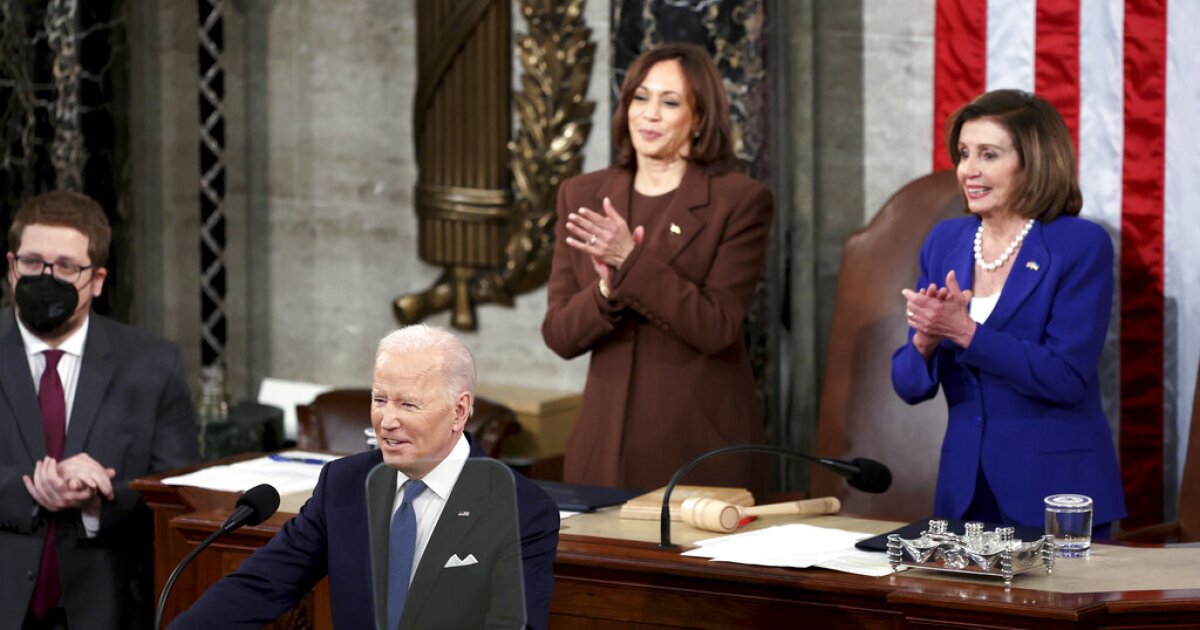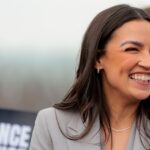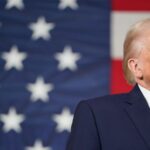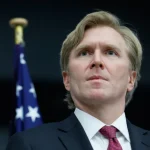

The parliamentary system will never be as strong as America’s constitutional model because it lacks a true separation of powers.
In a recent piece for National Review, Dan McLaughlin ably defended the benefits of our system in having established terms for presidents and congressmen, as well as the two-party structure our Constitution privileges through the Electoral College. But our system does much more — it also helps our government to run safer and better once our elected officials begin exercising their constitutional duties.
NO ONE CARES THAT BRITAIN’S NEW PM IS NOT WHITE — EXCEPT ANGRY ANTI-RACISTS
The parliamentary structure is found in many governments worldwide besides the United Kingdom and those nations once under its rule. This system does not have a president but instead selects its executive from the ranks of the legislative branch. The parliamentary system, as we now see it, stems from the modern problem of monarchy. In centuries past, a parliament consolidated most of a nation’s legislative power to itself, while the king possessed executive duties.
As theories of popular government gained dominance, the legitimacy of a king exercising real political powers came to be seen as less and less legitimate (the same went for aristocratic bodies such as the English House of Lords). Yet these nations needed an office to wield executive power, so they gradually answered the need in the office of prime minister. The prime minister rose out of the legislative body, exercising executive duties while remaining part of the nation’s lawmaking institution.
By combining legislative and executive into one body, and even one office, this system neglects the insight so central to the U.S. Constitution: that governments should be structured according to the separation of powers. Many know the threat to liberty this combination holds. The French 18th-century political philosopher Montesquieu observed that when the powers of lawmaking and law-enforcing are held within a singular institution, genuine moderation is destroyed — and, with it, liberty.
Separating lawmaking and law enforcement makes the government better at doing its job. The distinct bodies can check each other’s excesses, thereby protecting liberty from government. But they also are created to fulfill their particular roles well, thus promoting a government effective at preserving the blessings of liberty from private threats. Different institutions could be molded with their assigned power in mind. A legislative body could be built around deliberation, helping it to craft laws in thoughtful ways that account for different perspectives and the need for refining legislative ideas. A constitution could establish an executive made for law enforcement, especially the ability to act decisively and swiftly in carrying out a nation’s rules. Separation of powers, therefore, guards us both from tyranny and anarchy.
The wisdom of our Founding Fathers also displays itself in how our president is selected. In addition to the Electoral College that McLaughlin defended, a more fundamental virtue to our system is that our president answers the problem monarchy posed for an independent executive in the age of democracy. The president is not a king. That person is chosen by the people and has no claims to rule by hereditary or divine right. Making the executive a popular one permitted democracy to maintain an independent, powerful executive rather than enfolding the position into the legislative branch.
We should celebrate our Constitution’s structural advantage over a parliamentary system in how it orders elections and thus realizes the consent of the governed. But we also should note its superiority in how that elected government then runs. Our constitutional system of government isn’t outdated. It’s worlds ahead of the competition.
CLICK HERE TO READ MORE FROM THE WASHINGTON EXAMINER
Adam Carrington is an associate professor of politics at Hillsdale College.







